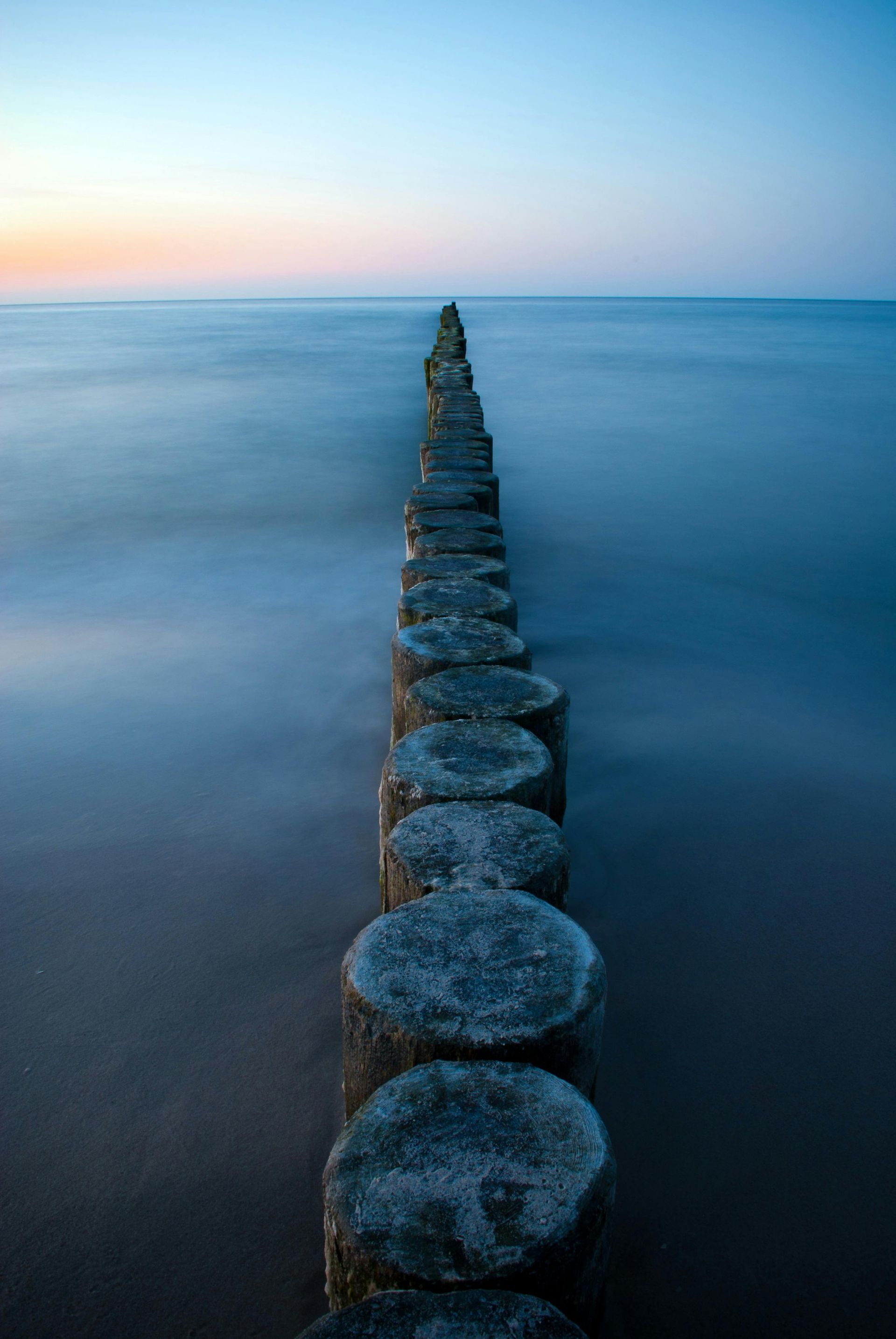Joint NGO recommendations on Baltic Sea fishing opportunities for 2020
1. Executive Summary
In October 2019, EU fisheries ministers will agree on fishing opportunities in the Baltic Sea for 2020. This will be the final Council meeting where fisheries ministers have the opportunity to end overfishing of Baltic Sea species by 2020, as is legally required by the Common Fisheries Policy (CFP) *(1). The following text outlines the joint NGO recommendations on Baltic Sea fishing opportunities for 2020 in the context of EU fisheries legislation, scientific advice on catch limits and the sharing of stocks with third countries.
We urge the European Commission (EC) to propose, and the Council to agree on, Total Allowable Catches (TACs) in accordance with the following recommendations:
– Set TACs not exceeding scientifically advised levels based on the Maximum Sustainable Yield (MSY) approach for all stocks for which MSY-based reference points are available.
– Where MSY-based reference points are not available, to not exceed the precautionary approach catch limits advised by the International Council for the Exploration of the Sea (ICES).
– Set TACs not exceeding the FMSY point value specified in the Baltic Multi-Annual Plan (MAP), following the ICES MSY Advice Rule when spawning stock biomass (SBB) is below the MSY Btrigger reference point.
– Take into account the lack of implementation of the Landing Obligation (LO) when setting TACs, and ensure that TACs are respected by increasing monitoring and control of the LO.
2. NGO recommendation on eastern Baltic cod for the remaining part of 2019
In addition to recommendations on 2020 TACs, we include a recommendation on eastern Baltic cod for the remaining part of 2019. The stock has been deteriorating for many years and the ICES advice now confirms it is in a critical state. We recommend the Commission and Baltic Sea member states introduce emergency measures in order to safeguard the eastern Baltic cod stock, including closing the fishery immediately, in accordance with the CFP articles 12 and 13 *(2).
*(1) Regulation (EU) No 1380/2013 of the European Parliament and of the Council of 11 December 2013 on the Common Fisheries Policy. *(2) Letter from NGOs to Fisheries Ministers in the Baltic Sea region on Eastern Baltic cod. April 11th, 2019. https://www.fishsec.org/app/uploads/2019/04/Letter-to-Ministers-about-Eastern-Baltic-Cod.pdf
Read and download the full joint NGO recommendations here.

